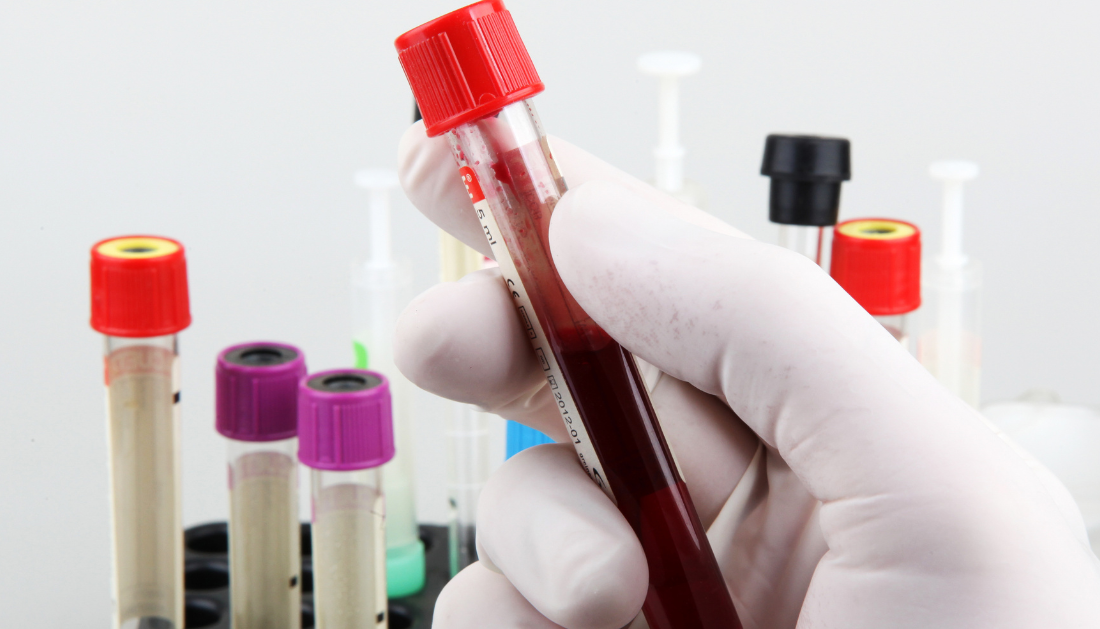

New research from University College London (UCL) reveals a groundbreaking blood test that can measure the biological aging of individual organs, helping predict disease risk decades in advance.
Organ-Specific Aging and Disease Risk
A study published in The Lancet Digital Health shows that different organs age at different rates within the same individual. Researchers found that accelerated aging in one organ can predict not only diseases affecting that organ but also a broad spectrum of conditions throughout the body.
Professor Mika Kivimaki, lead author from UCL Faculty of Brain Sciences, emphasized the potential of this discovery:
“Our organs function as an integrated system, but they can age differently. Identifying which organs are aging faster through a simple blood test could revolutionize preventive healthcare.”
Study Methodology and Findings
The research analyzed blood samples from over 6,200 middle-aged adults, collected in the late 1990s as part of the Whitehall II study. The researchers assessed the biological age of nine organs—heart, blood vessels, liver, immune system, pancreas, kidneys, lungs, intestines, and the brain.
By tracking participants’ health for 20 years, scientists found that organ aging is a strong predictor of disease risk:
- Accelerated heart aging increased the likelihood of cardiovascular diseases.
- Lung aging was linked to respiratory infections, chronic obstructive pulmonary disease (COPD), and lung cancer.
- Rapid immune system aging had the strongest correlation with dementia, suggesting a key role of inflammation in neurodegenerative diseases.
- Kidney aging was highly interconnected, predicting vascular disease, type 2 diabetes, and liver disease.
A Shift Toward Personalized Medicine
The findings highlight the potential of proteomic (protein-based) blood tests to assess organ aging early, allowing for targeted preventive measures. Unlike traditional biomarkers, which are analyzed individually, modern proteomic technology can assess thousands of proteins in a single test, making organ-specific aging assessments more efficient and precise.
Professor Kivimaki envisions a future where personalized medicine will leverage these insights:
“Blood tests could provide an early warning for disease risk, allowing individuals to take proactive steps to maintain organ health and reduce the risk of age-related illnesses.”
This study paves the way for more effective disease prevention, personalized treatment strategies, and improved long-term health outcomes.
More Information: Mika Kivimäki et al, Proteomic organ-specific ageing signatures and 20-year risk of age-related diseases: the Whitehall II observational cohort study, The Lancet Digital Health (2025). DOI: 10.1016/j.landig.2025.01.006
more recommended stories
 AI Predicts Chronic GVHD Risk After Stem Cell Transplant
AI Predicts Chronic GVHD Risk After Stem Cell TransplantKey Takeaways A new AI-driven tool,.
 Red Meat Consumption Linked to Higher Diabetes Odds
Red Meat Consumption Linked to Higher Diabetes OddsKey Takeaways Higher intake of total,.
 Rising Measles Cases Prompt Vaccination Push in NC
Rising Measles Cases Prompt Vaccination Push in NCKey Highlights 15 confirmed Measles cases.
 High-Fat Diets Cause Damage to Metabolic Health
High-Fat Diets Cause Damage to Metabolic HealthKey Points Takeaways High-fat and ketogenic.
 Chronic Brain Compression Triggers Neuron Death Pathways
Chronic Brain Compression Triggers Neuron Death PathwaysKey Takeaways Chronic brain compression directly.
 Texas Medical Board Releases Abortion Training for Physicians
Texas Medical Board Releases Abortion Training for PhysiciansKey Takeaways Texas Medical Board has.
 Needle-Thin Brain Implant for Layer-Specific Brain Research
Needle-Thin Brain Implant for Layer-Specific Brain ResearchKey Takeaways Researchers have developed a.
 Pancreatic Cancer Research: Triple-Drug Therapy Success
Pancreatic Cancer Research: Triple-Drug Therapy SuccessKey Summary Spanish researchers report complete.
 Immune Cell Epigenome Links Genetics and Life Experience
Immune Cell Epigenome Links Genetics and Life ExperienceKey Takeaway Summary Immune cell responses.
 Chronic Pain Linked to CGIC Brain Circuit, Study Finds
Chronic Pain Linked to CGIC Brain Circuit, Study FindsKey Takeaways University of Colorado Boulder.

Leave a Comment